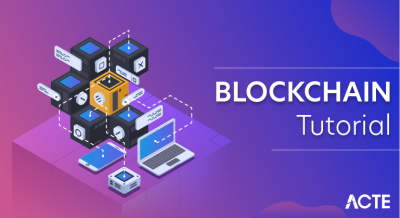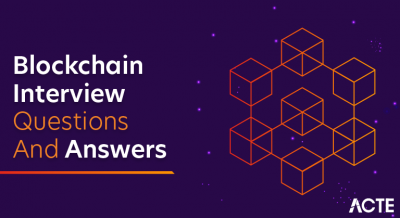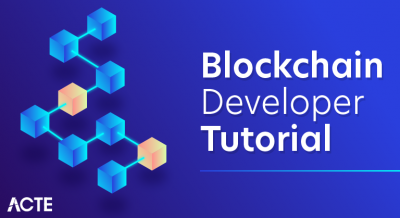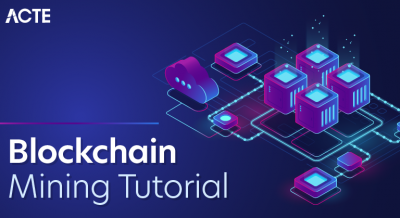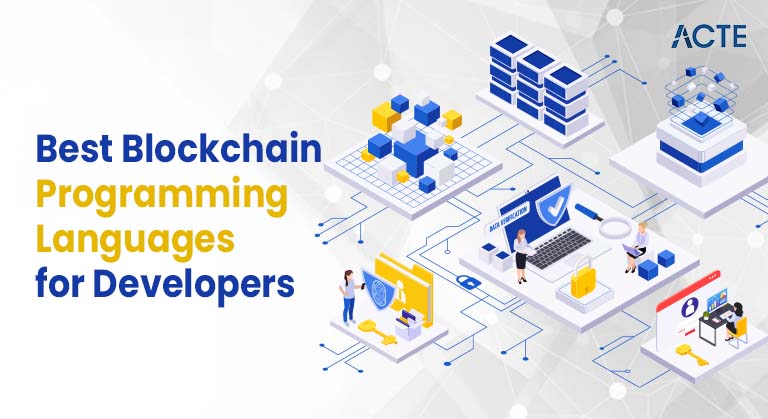
- Introduction to Blockchain Programming Languages
- Why Programming Languages Matter in Blockchain
- Popular Blockchain Programming Languages
- Criteria for Choosing a Blockchain Programming Language
- Emerging Languages and Trends
- Use Cases and Platforms for Different Languages
- Challenges in Blockchain Programming
- Conclusion
Introduction to Blockchain Programming Languages
Blockchain programming is a rapidly growing field that merges traditional software development with the innovative world of decentralized technologies. As developers dive into building decentralized applications (dApps), smart contracts, and blockchain protocols, understanding Blockchain Programming Languages becomes essential. These languages are specifically designed or adapted to write secure, efficient, and scalable code for blockchain networks. Among the most popular choices is Solidity, the dominant crypto programming language used on Ethereum, known for its smart contract capabilities. Others like Rust, Go, and Vyper are gaining traction for their performance and security features, particularly in newer blockchain ecosystems.Languages like JavaScript and Python are also commonly used for building front-end interfaces and interacting with blockchain networks via APIs, and are often essential components in Blockchain Training programs. Each programming language blockchain developers choose depends on the specific blockchain platform, use case, and developer preferences. For example, while Solidity dominates Ethereum, Rust is favored in Solana and Polkadot environments. The field continues to evolve, encouraging programmers to learn not just syntax but also the unique logic and security models required in decentralized systems. Whether you’re a beginner exploring blockchain technology or a seasoned coder looking to transition into Web3, mastering these languages is a critical step toward building robust and future-ready blockchain solutions.
Are You Interested in Learning More About Blockchain Certification? Sign Up For Our Blockchain Training Course Today!
Why Programming Languages Matter in Blockchain
- Smart Contract Development: Languages like Solidity are essential for writing smart contracts on Ethereum. Coding Solidity allows developers to automate agreements and processes on the blockchain, making it the backbone of most dApps.
- Performance and Efficiency: Low-level languages like C and C++ are used to write high-performance blockchain C code for systems that require speed and resource optimization, such as Bitcoin and core blockchain infrastructures, and are increasingly integrated into Blockchain as a Service BaaSPower solutions.
- Integration with Wallets and APIs: A strong programming base ensures seamless communication between applications and tools like a blockchain wallet, allowing secure storage, sending, and receiving of cryptocurrencies.
Understanding programming languages is crucial in blockchain development because they directly impact how secure, scalable, and functional a blockchain solution can be. Whether you’re designing smart contracts, creating decentralized apps (dApps), or building protocols, the choice of language influences performance, compatibility, and even user trust. Here’s why programming languages matter in blockchain:
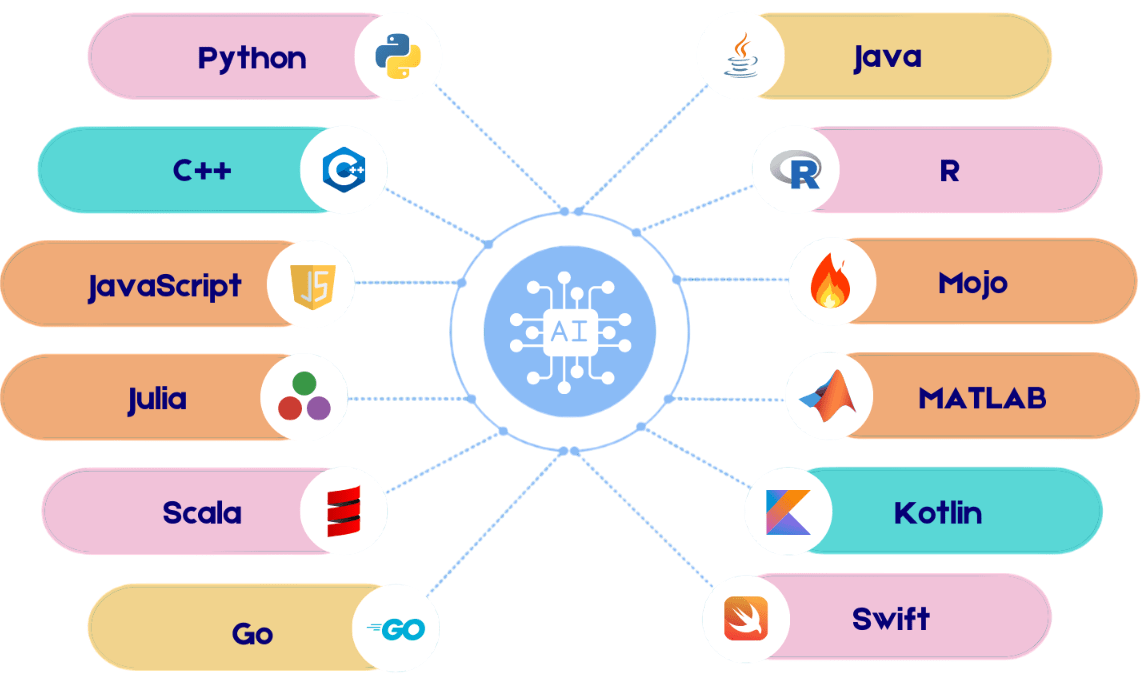
- Enterprise Solutions: Platforms like Hyperledger use languages such as Go and Java to develop permissioned blockchains tailored for enterprise use, offering security, scalability, and flexibility.
- Blockchain Mining Protocols: Mining algorithms and consensus mechanisms often require optimization through powerful languages that can handle parallel processing and low-latency operations, essential for efficient blockchain mining.
- Cross-Chain and Interoperability: Multi-language support helps developers build solutions that interact across various blockchain networks, fostering a more connected and versatile ecosystem.
Popular Blockchain Programming Languages
As blockchain technology continues to evolve, developers rely on a range of Blockchain Programming Languages to build secure, scalable, and efficient decentralized applications. Among the most widely used is Solidity, a crypto programming language designed specifically for the Ethereum platform, enabling developers to create smart contracts with ease. Rust is also gaining momentum, especially within networks like Solana and Polkadot, due to its emphasis on performance and memory safety. Go and Java are popular in enterprise environments and frameworks like Hyperledger Fabric, offering robustness and familiarity for developers transitioning from traditional systems, and playing a vital role in shaping The Future of Blockchain Technology. Python, while not blockchain-native, is widely used for scripting, testing, and building integrations, making it an accessible programming language blockchain newcomers often prefer. Additionally, languages like Vyper, a simplified and more secure alternative to Solidity, are being explored for their enhanced safety features. C++ continues to play a key role in foundational blockchain development, especially in the creation of protocols and core functionalities. Each language brings unique strengths to the table, influencing the architecture, security, and usability of blockchain solutions. As more platforms emerge and the demand for Web3 applications grows, mastering these languages is becoming increasingly important for developers looking to innovate in the blockchain space.
Are You Interested in Learning More About Blockchain Certification? Sign Up For Our Blockchain Training Course Today!
Criteria for Choosing a Blockchain Programming Language
- Solidity: The most well-known crypto programming language, Solidity is used primarily on Ethereum. It allows developers to write smart contracts that run exactly as programmed without downtime or third-party interference.
- Rust: Known for safety and performance, Rust is a favorite in ecosystems like Solana and Polkadot. It’s a powerful programming language blockchain developers use for building high-speed, secure protocols, and is increasingly utilized across Different Types of Blockchain networks.
- Go (Golang): Go is heavily used in platforms like Hyperledger Fabric. It’s simple, fast, and ideal for building scalable blockchain systems in enterprise environments.
- Python: Python isn’t blockchain-native but is widely used for scripting, analytics, and testing, making it a valuable tool in the blockchain programming languages toolkit.
- JavaScript: JavaScript is crucial for building user interfaces and dApps that interact with blockchains, especially when combined with libraries like Web3.js.
- C++: As the foundation of Bitcoin’s codebase, C++ remains an essential programming language blockchain developers use for creating core infrastructure and improving performance.
- Solidity on Ethereum: Solidity is the most widely used crypto programming language for writing smart contracts on Ethereum. It’s ideal for building decentralized applications (dApps), token contracts, and DeFi platforms.
- Rust on Solana and Polkadot: Rust is favored in high-performance blockchain platforms like Solana and Polkadot. This programming language blockchain developers use when they need fast execution, memory safety, and concurrency.
- Go in Hyperledger Fabric: Go is the core language behind Hyperledger, a permissioned blockchain framework. It’s used for building enterprise-grade solutions such as supply chain systems, identity management, and secure business networks, making it highly relevant when Exploring Blockchain In Banking applications.
- C++ for Core Blockchain Development: Blockchain Programming Languages like C++ are crucial in developing foundational blockchain layers, such as Bitcoin’s protocol, thanks to their control over memory and processing.
- Python for Scripting and Prototyping: Python is popular for scripting, building blockchain tools, and rapid prototyping. It’s also used in blockchain education and research due to its simplicity.
- JavaScript for Front-End dApps: JavaScript helps developers build front-end interfaces that interact with smart contracts, making it a key crypto programming language for user-facing blockchain applications.
With the rapid growth of blockchain technology, choosing the right Blockchain Programming Languages is essential for building reliable and secure decentralized applications. Different platforms support different languages, each tailored to specific use cases like smart contracts, blockchain infrastructure, and dApps. Here are six popular languages widely used in the blockchain ecosystem:
Emerging Languages and Trends
As blockchain technology matures, new languages and trends are emerging to address the growing demands of security, scalability, and cross-platform development. While traditional tools like Coding Solidity continue to dominate smart contract development on Ethereum, developers are also exploring alternatives such as Vyper and Cairo for more secure and readable code. Rust is becoming increasingly popular for its performance and safety, especially in projects like Solana and Polkadot, where efficiency and concurrency are critical. At the same time, the demand for optimized Blockchain C code persists in performance-intensive tasks such as protocol-level development and consensus algorithms, making it a crucial focus area in Blockchain Training. Enterprise solutions like Hyperledger are influencing the rise of Go and Java as preferred languages for permissioned blockchain systems, enabling stable and scalable business-grade applications. Additionally, there’s growing interest in integrating blockchain with IoT and AI, prompting the development of lightweight and adaptive programming frameworks. With increasing adoption, blockchain wallet development is also evolving, focusing on enhanced UX, cross-chain compatibility, and security through advanced scripting. Meanwhile, innovations in blockchain mining like proof-of-stake and eco-friendly consensus models are shaping how developers write and optimize mining algorithms. These emerging trends and languages reflect a broader shift toward more diverse, efficient, and specialized blockchain development practices across platforms and use cases.
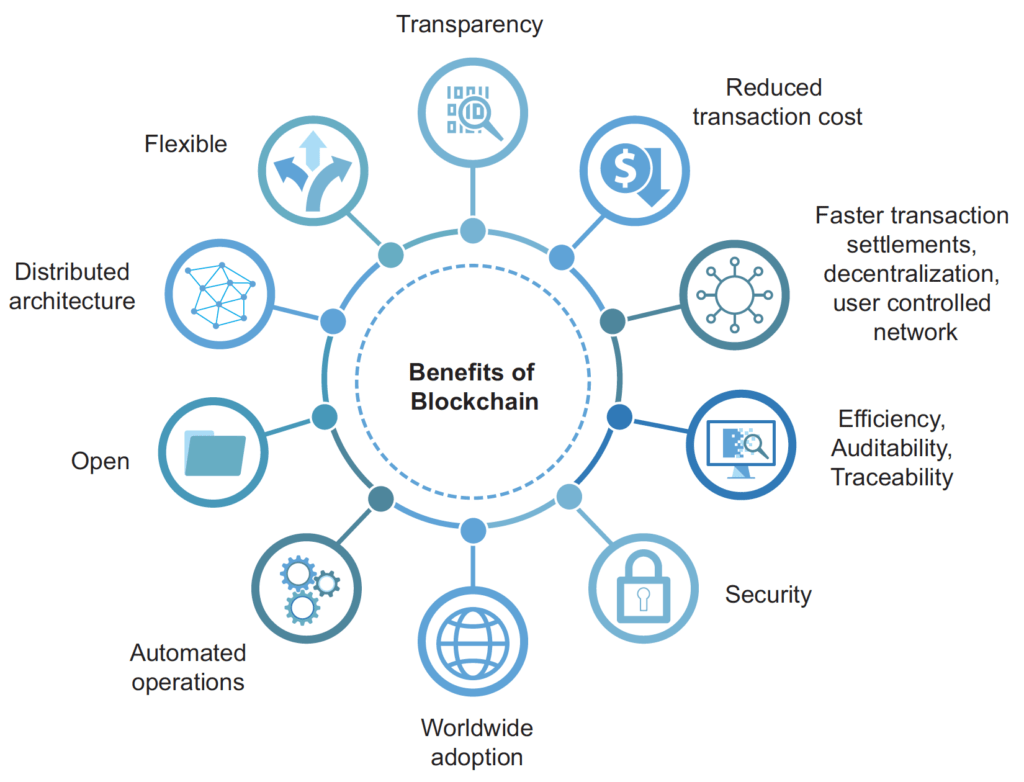
Use Cases and Platforms for Different Languages
Different Blockchain Programming Languages are suited to various platforms and use cases, depending on performance needs, contract complexity, and security requirements. From building smart contracts to designing core blockchain infrastructure, each language offers distinct advantages. Here are six common use cases and platforms tied to specific languages:
Challenges in Blockchain Programming
Blockchain programming presents a unique set of challenges that go beyond traditional software development, primarily due to its decentralized nature, security demands, and evolving ecosystem. Developers working on smart contracts face steep learning curves, especially with Coding Solidity, which requires meticulous attention to detail to avoid costly vulnerabilities and exploits. Writing efficient and secure Blockchain C code is also complex, as it’s often used in low-level blockchain infrastructure where performance and memory management are critical. Security is a major concern across all blockchain layers whether it’s developing for Hyperledger in enterprise environments or managing cryptographic operations in public networks. Integration with blockchain wallet systems brings additional difficulties, requiring developers to ensure secure key management, user authentication, and multi-platform compatibility. Additionally, as consensus mechanisms evolve, those involved in blockchain mining must adapt to newer algorithms and optimize code for better energy efficiency and scalability an evolution that also influences governance models like What Is DAO in Blockchain. Testing and debugging in blockchain environments are especially challenging because transactions are immutable and live on a public ledger making errors costly and difficult to reverse. The lack of standardization across platforms also means developers often need to master multiple tools and frameworks. These challenges underline the importance of specialized skills and continuous learning in blockchain programming to build secure, scalable, and reliable applications.
Are You Preparing for Blockchain Developer Jobs? Check Out ACTE’s Blockchain Interview Questions and Answers to Boost Your Preparation!
Conclusion
In conclusion, the evolution of Blockchain Programming Languages reflects the growing complexity and potential of decentralized technologies. As blockchain adoption expands across industries from finance and supply chains to gaming and healthcare the need for skilled developers proficient in the right languages becomes increasingly critical. Whether it’s Coding Solidity for Ethereum smart contracts, using Rust or Go for high-performance networks, or leveraging Python and JavaScript for integrations and user interfaces, each crypto programming language plays a unique role in building the blockchain ecosystem. Developers must not only understand the syntax and structure of these languages but also grasp the underlying principles of decentralization, security, and consensus, which are core topics in Blockchain Training. Furthermore, selecting the right programming language blockchain projects depends heavily on the platform, use case, and desired features such as scalability, privacy, or enterprise-readiness. As the blockchain space continues to innovate, new languages and tools will emerge, offering even greater flexibility and functionality. For anyone entering or growing in this field, mastering these languages isn’t just a technical requirement, it’s a gateway to shaping the future of how data, value, and trust are managed in the digital world. Ultimately, understanding and applying the right blockchain programming skills will be essential for creating secure, efficient, and impactful decentralized solutions.


